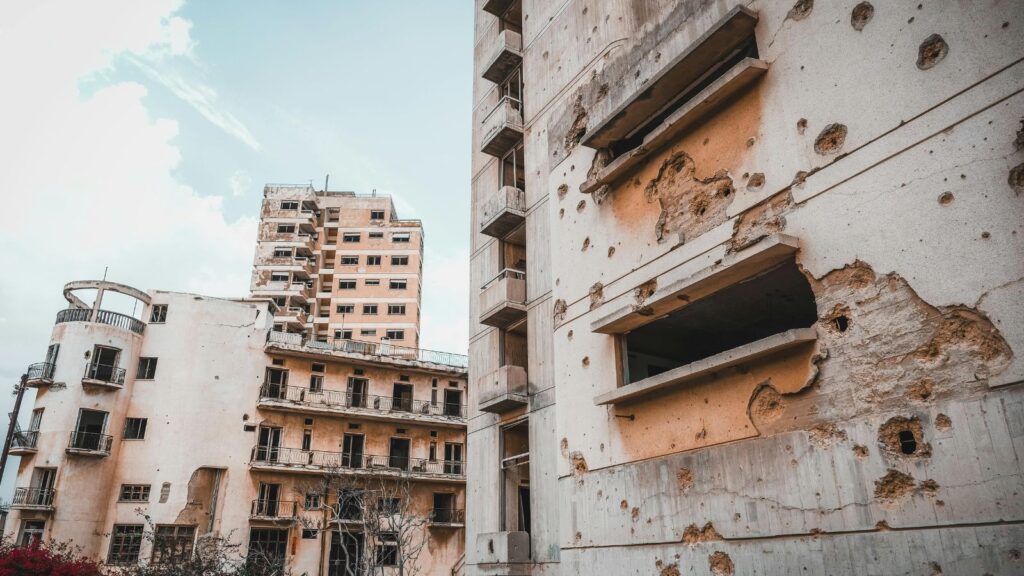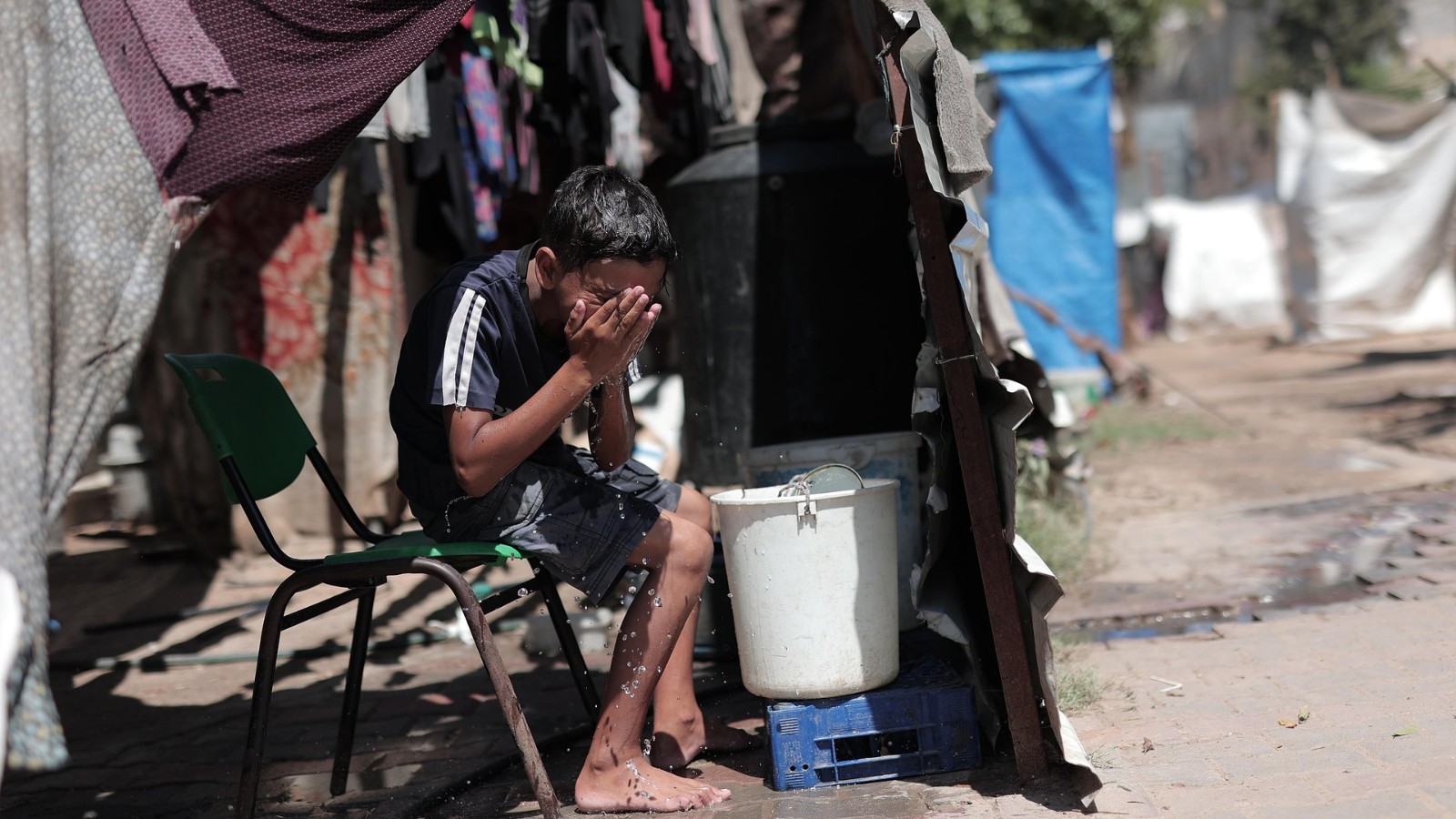By Stephen Thompson, Director of Global Programs & Impact
In the humanitarian sector, we speak often and rightly about duty of care. Yet too often, this concept remains aspirational rather than operational. For all the policies and talking points, many humanitarian organizations continue to treat staff care as secondary to programming goals, overlooking the very people entrusted with delivering mission-critical aid. The cost of this neglect is staggering: escalating burnout, high turnover, reduced effectiveness, and a growing exodus of skilled professionals who feel undervalued and unsupported.
The truth is stark. Without healthy, supported, and resilient staff, humanitarian missions falter. Burnout and compassion fatigue are not simply personal struggles; they are organizational threats. When aid workers are emotionally exhausted, morally injured, or psychologically unwell, the ripple effects undermine coordination, decision-making, and ultimately, the quality and continuity of aid delivery. Staff care is not charity. It is infrastructure.
Humanitarian work is, by nature, high stress and high stakes. Employees often operate in volatile environments, exposed to human suffering, rapid deployments, and chronic uncertainty. These stressors compound over time, particularly in the absence of intentional organizational support. Too many humanitarian professionals normalize exhaustion, carry invisible trauma, and internalize a “martyr mindset” where self-sacrifice is mistaken for strength. This culture is not sustainable, and it is not ethical.
Organizations must shift from reactive, wellness-themed checkboxes to proactive, trauma-informed strategies that embed well-being into the core of leadership, program planning, and field operations. This means more than access to counseling. It means creating psychologically safe teams, ensuring adequate rest and recovery, training leaders to recognize signs of impairment, and modeling care from the top down. It also means making structural investments in resilience-building initiatives and monitoring staff health with the same rigor applied to program outcomes.
The business case is as clear as the moral one. Turnover disrupts missions, drains institutional knowledge, and exhausts already limited budgets. Burnout leads to avoidable errors and fractured teams. In contrast, organizations that prioritize employee well-being report stronger retention, higher performance, and deeper trust. Resilient teams are not accidental. They are cultivated.
Staff care is not separate from humanitarian impact. It is how that impact becomes possible.
It is time to reckon with the cost of neglect. The global humanitarian workforce is essential infrastructure in our collective response to crisis. Let’s ensure we care for them with the same urgency and intention we bring to every mission we serve.



